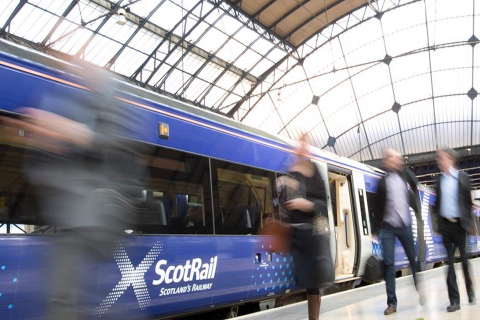Poor punctuality, losses after tax and DB Cargo overshadow DB Group results

The Deutsche Bahn Group on Thursday published its annual results, announcing a positive operating result and being back in the black. Yet behind the positive headlines there are not-so-positive takeaways from the results, such as a loss-making freight division, poor punctuality and a loss after tax for the group. In fact, DB is headed for steep operational losses in the current financial year.
Want to read more?
You have read all of your free premium articles for this month. Please become a subscriber to keep reading.
Subscribe now!
Take advantage of our exclusive offer to get full access to all premium content.






Devastatingly, regrettably, not sustainably, all over EU, at TEN-T etc., railway infrastructure standards, do not meet with, “On Demand”, current Strategy of ware owners.
(On Time deliveries are expected!)
“Optimal maintenance” (repairing, restoring, maintaining) is suboptimal.
For added future load etc., redundancy and resiliency, 32,5 T, or higher axel load etc., has to be provided for!
Electrification shall be redundant, etc.!
A shift is needed!